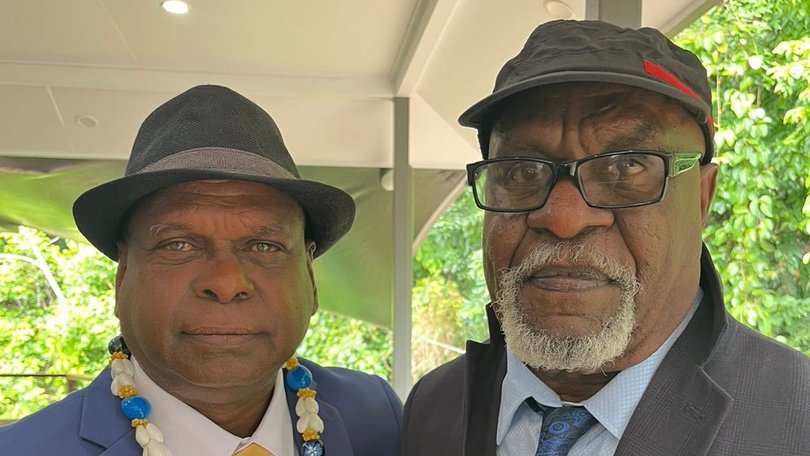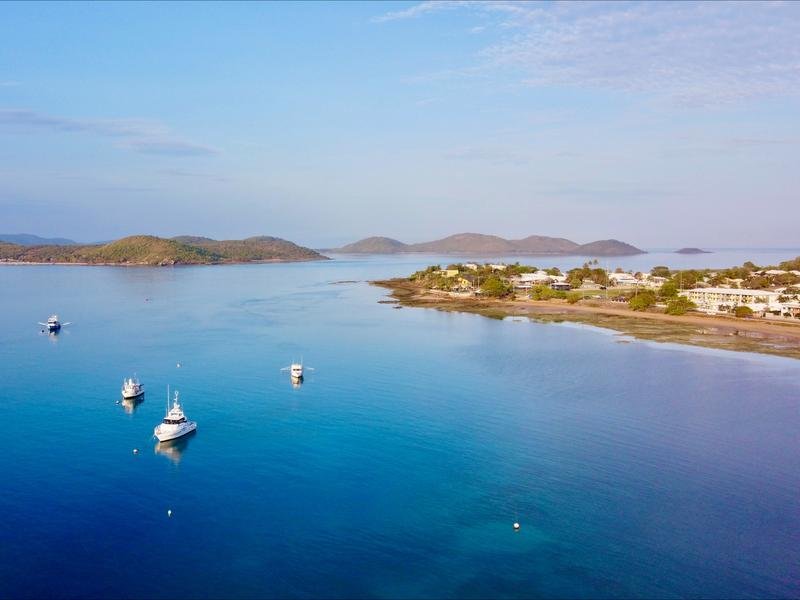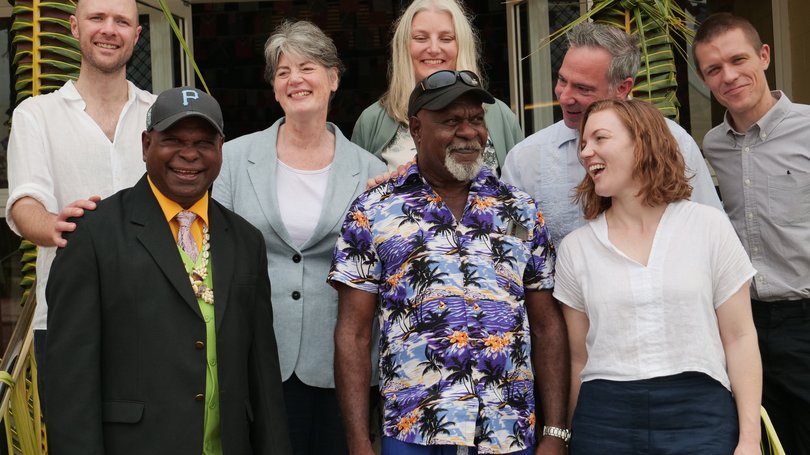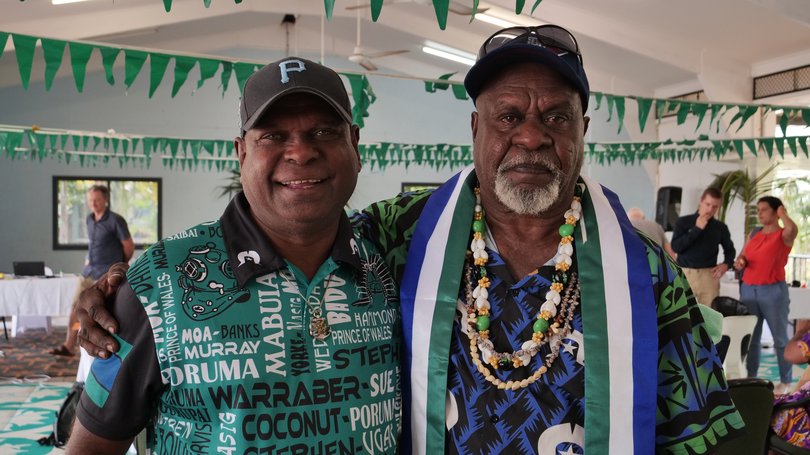Australian court rules climate victims can’t sue for compensation, Torres Straight Islanders lose case
Torres Strait Islanders who sued the Federal Government for not doing enough to stop climate change lost their case on Tuesday, despite their lives being significantly harmed.

Torres Strait Islanders who sued the Federal Government for not doing enough to stop climate change lost their case on Tuesday, but convinced a judge that their lives are being significantly harmed by the global rise in temperatures caused by burning coal and oil.
After hearing evidence that the islands between far-north Queensland and Papua New Guinea are slowly sinking beneath the sea, Federal Court judge Michael Wigney criticised governments under former Liberal prime ministers Tony Abbott and Scott Morrison for implementing “modest and unambitious” greenhouse gas reduction targets that ignored scientific evidence.
Even though the targets, which are tied to subsidies for solar, wind and other renewable energy projects, should have gone further, Australia’s small contribution to climate change meant they caused little or no practical harm to the global effort to protect the environment, Justice Wigney said in his judgment.
Sign up to The Nightly's newsletters.
Get the first look at the digital newspaper, curated daily stories and breaking headlines delivered to your inbox.
By continuing you agree to our Terms and Privacy Policy.
The lower targets “would have caused no more than an extremely small and almost immeasurable increase in global average temperature.”
The decision is a blow to a tactic used by activists around the world to use legal systems to challenge government climate policies, and leaves the federal government free to set climate targets that it considers politically acceptable.
‘Climate refugees’
Justice Wigney emphasised that he agreed with many of the arguments made by Torres Strait Islanders Pabai Pabai and Guy Paul Kabai, who testified that their access to sacred sites, hunting, gathering and gardening is being irrevocably harmed by climate change.
“There is a very real risk they will lose their islands, their culture and their way of life and become climate refugees,” he said in the judgment.

“The Torres Strait Islands have been and continued to be ravaged by climate change and its impacts.”
But the law does not allow people to sue the Government for the loss of their culture, customs, beliefs or traditions, he said. Their only options are to protest and achieving political change through voting.
The lawsuit was initiated two months before the Albanese Labor Government was elected in May, 2022, by a Melbourne law firm on behalf of the two men, both in their 50s, who live on Boigu and Saibai Islands, which are just off the coast of Papua New Guinea.
‘In shock’
Mr Paul said: “I thought that the decision would be in our favour, and I’m in shock. This pain isn’t just for me, it’s for all people, Indigenous and non-Indigenous, who have been affected by climate change.”
The two men received financial support from a Dutch environmental group, the Urgenda Foundation, and the Grata Fund, an Australian organisation that finances lawsuits for left-wing causes.

Climate Change and Energy Minister Chris Bowen and Indigenous Australians Minister Malarndirri McCarthy used the decision to criticise the previous Government.
“Unlike the former Liberal Government, we understand that the Torres Strait Islands are vulnerable to climate change, and many are already feeling the impacts,” they said in a press release.

